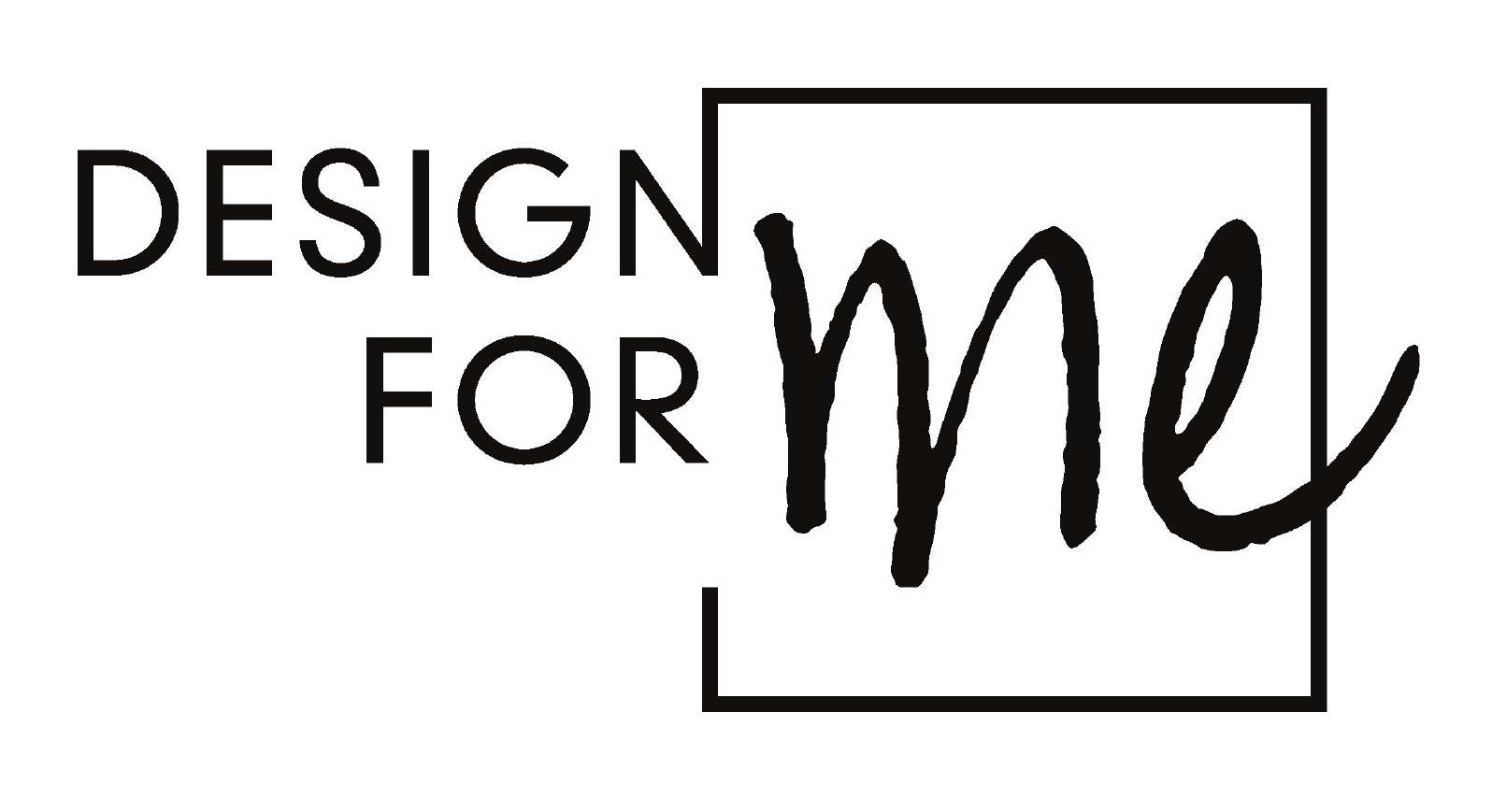If you’re about to start making home improvements, incorporating energy saving solutions could help you save money and reduce your home’s environmental impact. Here’s a list of the top five energy-saving and home improvements tips.
1. Insulate your house
Insulating your walls usually that makes the most difference in reducing energy consumption, and at the lowest cost. By insulating the walls, your home will be cooler during summer and warmer in winter months. You can save money on energy bills by insulating floors and ceilings, too.
Insulation makes a significant difference to buildings of all construction types, but especially if your home has a metal construction. If you’re thinking about how to insulate a metal building, then you will find many great tips here. Metal buildings can become extremely hot or cold and insulation will protect them from weather, provide noise protection, improve ventilation and lower energy costs. With the right insulation, your heating system will work more efficiently.
2. Use Environmentally Friendly Building Materials
There are two considerations for choosing environmentally friendly building materials. The first is using materials that have a low embodied energy. This means that little or no energy has been used in their production or transportation. Using local building materials and/or recycled or naturally produced materials will ensure your home has a low embodied energy. See our full article about selecting materials with a low embodied energy.
The second consideration (that needs to be balanced with the first), is choosing materials that perform well at reducing the building’s reliance on energy – whether for heating or cooling.
3. Use Energy Efficient Lighting
One of the easiest and cheapest ways to make your home energy efficient is to switch to LED light bulbs.
Traditional halogen lightbulbs only convert 5% of the energy into light. The average UK household uses around 11% of electricity consumption with lighting, so switching to LED bulbs can save money on electricity bills. This change is easy and can be done in a matter of a day or two. So, LED lights are the most eco-friendly and economical option.
4. Use Smart Technology
Smart technology at home is getting better, more intelligent and affordable all the time. It presents huge potential to reduce energy wastage. Smart technology uses heat, light and movement sensors, along with software, online connectivity analytics and applications to control devices at home.
Smart meters are fantastic for tracking and controlling consumption of energy and water. This not only has a psychological effect on occupants to be mindful of energy use, it can also tap into automated technology e.g. to control heating and lighting remotely. Devices such as automatic humidistats (that turn on/off as humidity in bathrooms rises or falls), automatic kitchen extracts, or modern tumble dryers that sense when clothes are dry are all examples of smart technology to reduce energy consumption at home.
5. Replace inefficient heating systems with renewables
An inefficient heating system can significantly increase your energy consumption. With higher energy costs, that may be here to stay, many people are considering switching their existing heating systems to incorporate some degree of micro-generation, reducing reliance on gas, oil or electricity. Micro-generation is the small-small production of heat or electricity by homeowners to provide for their own needs. It’s even possible to feedback to the grid, and benefit from a payment under the Smart Export Guarantee. The most common renewables for homes include photovoltaics, solar-thermal, air source heat pumps, biomass and ground source heat pumps.
There are several incentives for micro-generation, including grants and 0% or low interest loans. The MCS holds a list of licensed installers for micro-generation, ensuring high standards of installation and specification are met.
Guest post for Design for Me
Need Help Finding the Right Design Professional?
If you’re looking for the right architect for your home building or renovation project, we’re here to help. Simply post your project below and we’ll match you up with the best architects for your requirements. And it’s completely free!
- quickly see who’s interested in your job
- create a shortlist
- invite up to three for a no-obligation consultation
Emily Design for Me


